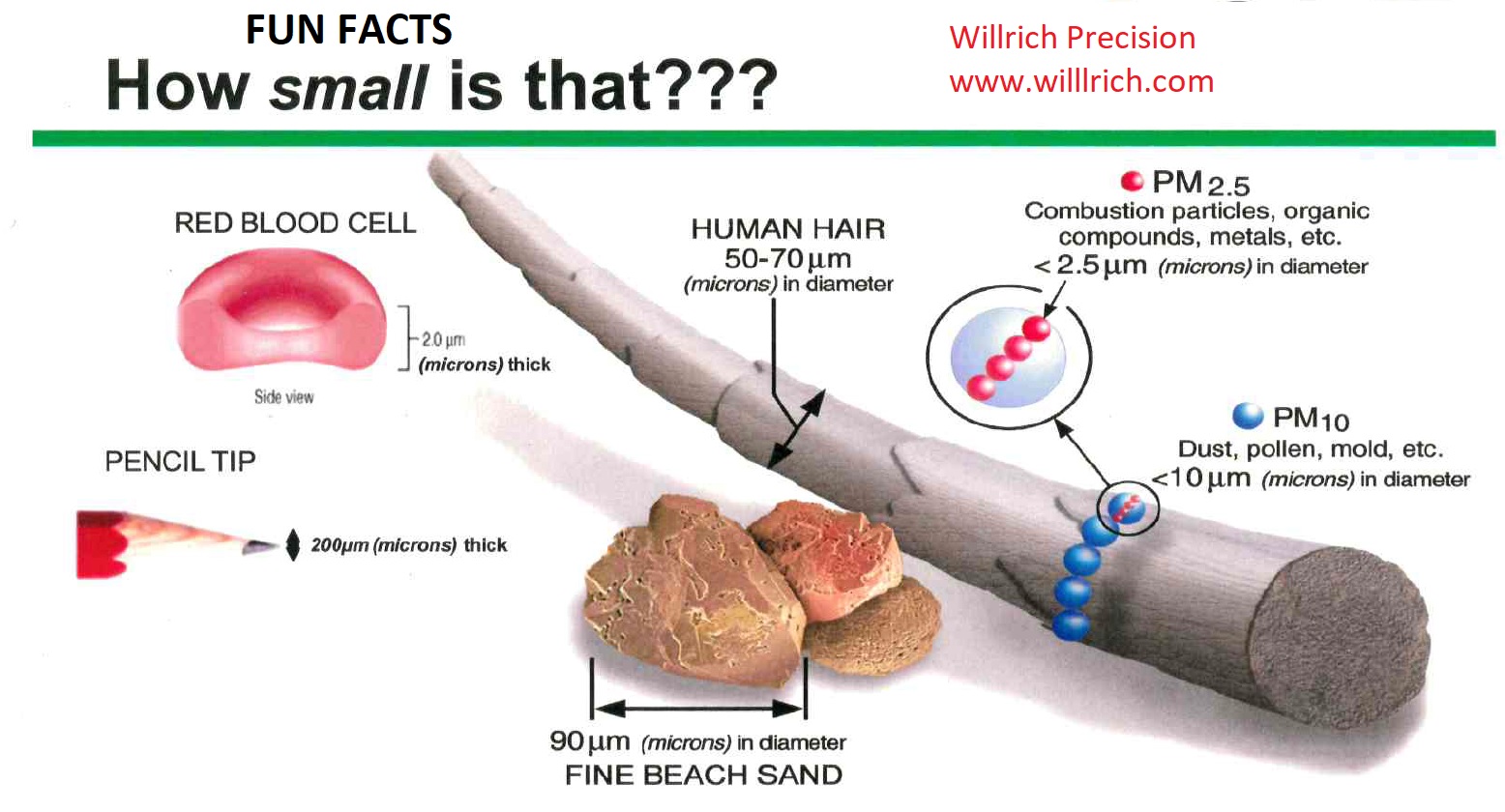True or False: All microorganisms are harmful to humans.
False
5. What happens to the body when there are too many harmful bacteria?
· A. The immune system gets stronger
· B. The person may become sick
· C. The microbiome grows larger
· D. Helpful bacteria increase in number
A. The immune system gets stronger
What kind of animal do we usually do microbiome experiments with?
Mice!
What's bigger - the moon or the sun?
The sun is about 400 times bigger than the moon.
True or false: Earth is the biggest planet in our solar system.
False! Jupiter is the biggest planet in our solar system :)
What is a term for a community of microorganisms that live in and on an organism?
Microbiome
A student claims that all microorganisms are bad. What evidence could disprove this claim?
A. Some bacteria live in the stomach and help digest food
B. Bacteria cause food to spoil
C. Antibiotics are used to kill bacteria
D. Viruses are smaller than bacteria
A. Some bacteria live in the stomach and help digest food
What is a fecal transplant?
A procedure where healthy bacteria are transferred to a sick person’s gut
How big is a meter?
A little bigger than 1/2 of Miss Riley. (About 3 feet)
Give one example of how helpful bacteria support our bodies.
They help digest food in the stomach/intestines, they line the stomach with mucus, they produce immune cells
How does a fecal transplant help restore the microbiome?
· A. It replaces lost helpful bacteria so balance can return
· B. It increases the number of harmful bacteria
· C. It reduces the immune system’s activity
· D. It removes all bacteria from the gut
A. It replaces lost helpful bacteria so balance can return
How does a fecal transplant help a microbiome with a lot of space?
It fills space in the gut so there's less room for harmful bacteria to eat and live.
How big is a centimeter?

If someone pees in a resorvoir, does that mean our drinking water will have pee in it?
No. Our drinking water is very clean.
What are microorganisms?
Living things too small to see without a microscope
What kind of evidence supports that fecal transplants can improve health?
· A. Patients’ symptoms often decrease after receiving healthy bacteria
· B. The number of harmful bacteria always increases
· C. Antibiotics stop working after treatment
· D. The body produces fewer cells
What happens when too many harmful bacteria take over?
A. Patients’ symptoms often decrease after receiving healthy bacteria
Why might a doctor recommend a fecal transplant instead of antibiotics?
Because antibiotics kill all bacteria (good and bad), and fecal transplants give the person more bacteria.
How big is a micrometer?

Name 3 steps in a raindrop's journey to become our drinking water in NYC.
What happens to the microbiome when a person takes antibiotics?
Antibiotics kill both harmful and helpful bacteria
What is a microbiome?
A. The system that moves blood through the body
B. A community of microorganisms that live in and on an organism
C. The process by which cells reproduce
D. A type of bacterial infection
B. A community of microorganisms that live in and on an organism
Explain how a fecal transplant demonstrates the importance of microbiome balance.
It shows that restoring healthy microbes improves body functions and health
What is bigger - cells or molecules?
Cells
Who do we blame for global warming?
100 oil and gas companies!!!